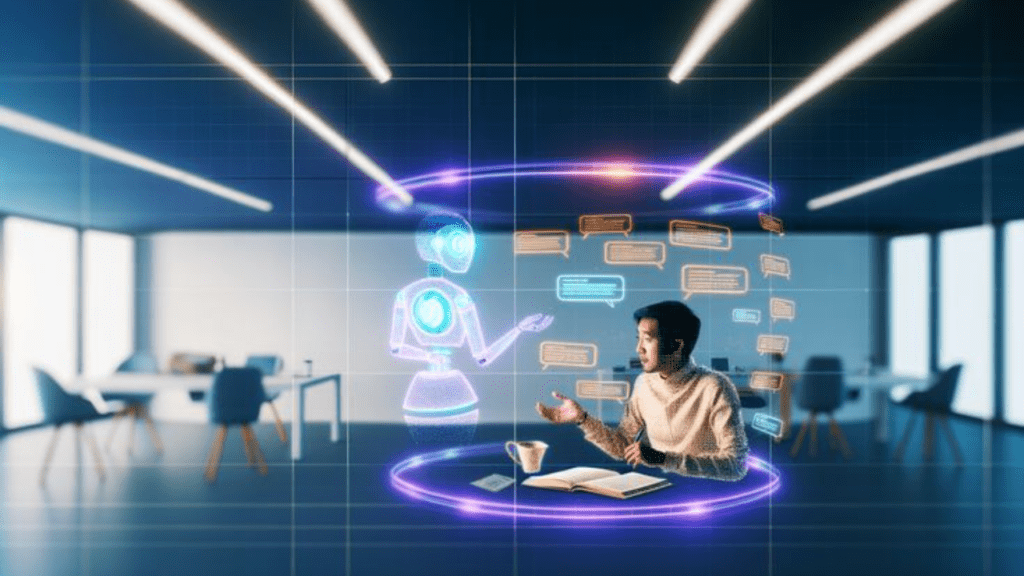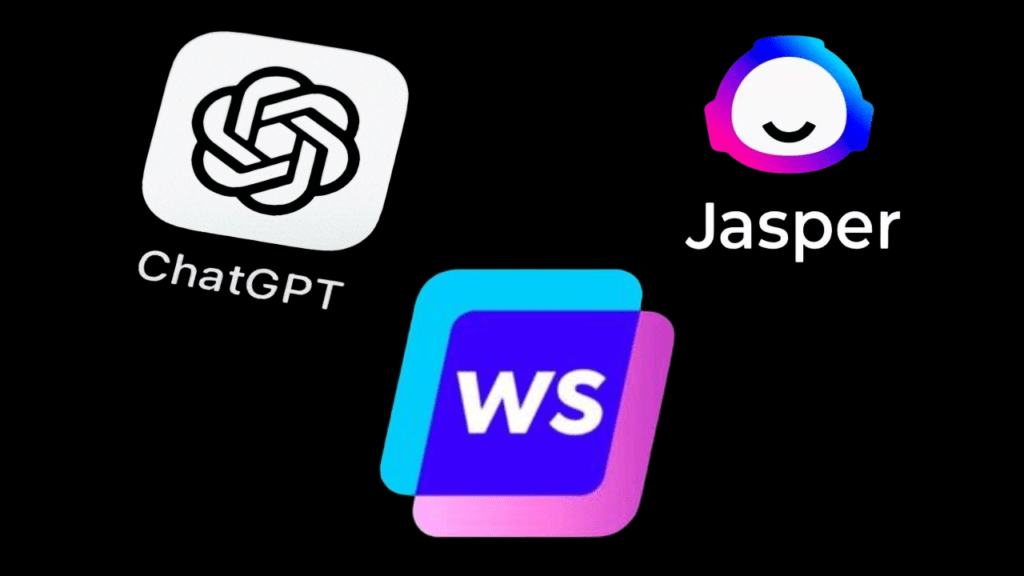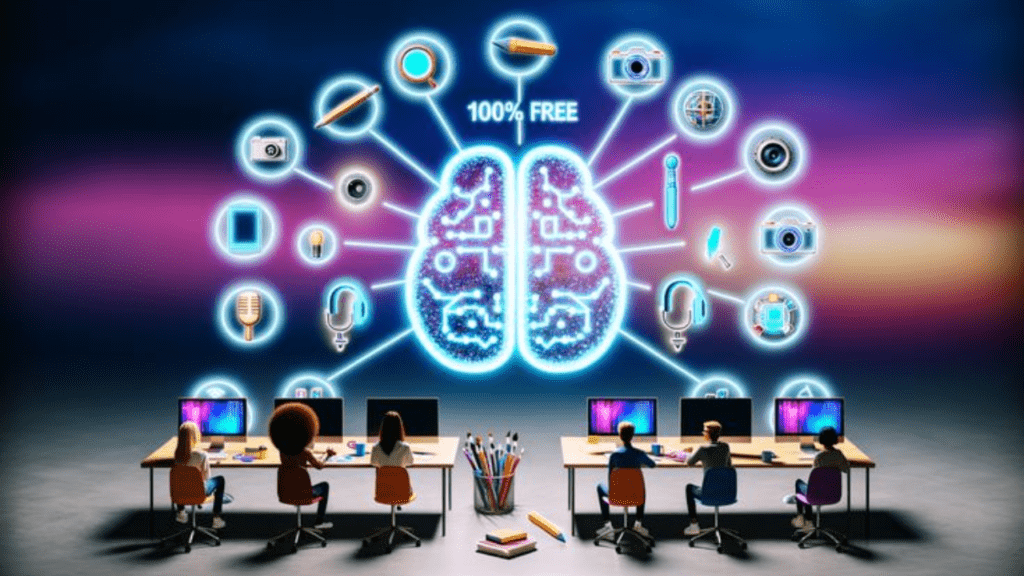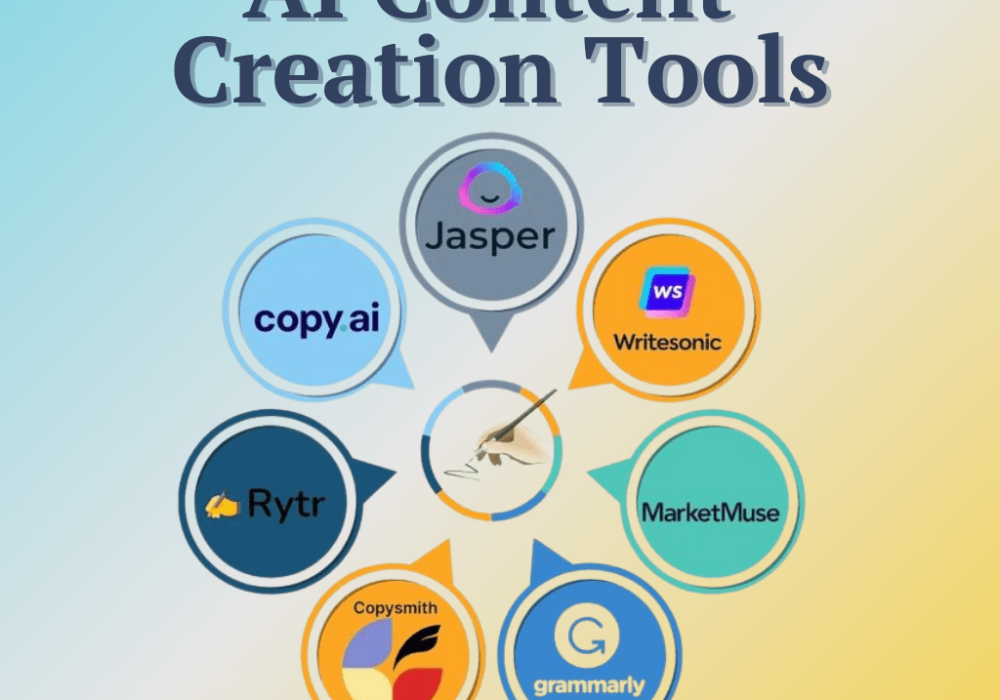Table of Contents
ToggleAI-Driven Personalization: The Key to Engaging Modern Customers
Did you know that 91% of shoppers will buy more and become loyal advocates when brands are showing them personalized offers and product recommendations? Gone are the days of the classic marketplace where brand advertising is often relegated to ineffective mass campaigns and irrelevant generic outreach. In fact, AI personalization has set in motion new avenues for building interactions between brand and audience. Businesses can move above one-size-fit-all strategies because of artificial intelligence and provide experiences related to individual consumers.
Impact Overview
Highly personalized interaction in terms of communicating to the target audience is changed due to AI. Some key areas where AI-based personalization is truly showing a difference include:
- Personalized Email Marketing: Personalized emailing, as assisted by AI, studies the pattern and preference of user behavior while delivering email marketing to target potential users. E-mails customized as per the specific requirement have increased rates of opens and engagement.
- E-commerce Recommends: Like Amazon, most of the business uses AI platforms to recommend particular products based upon past purchases and browsing history.
- Dynamic Website Content: Websites can now adapt in real-time to display content that matches a visitor’s interests, improving user engagement and conversions.
Why Personalization Matters
Personalization builds trust, increases customer satisfaction, and boosts loyalty. The more a customer feels understood, the more likely he or she is to return, which increases lifetime value and brand advocacy.

1. Machine Learning Insights:
Therefore, machine learning, lying right at the very heart of personalization through artificial intelligence, feeds on huge collections of data relating to customer trends, such as browsing history and purchase history; it also seeks to understand behavioral patterns. Following this, companies can predict demands and provide accurate offers at relevant times.
2. NLP: Natural Language Processing
NLP powers virtual assistants and chatbots, thus enabling them to “understand” customer inquiries so that they respond in a conversational tone. Thus, it’s personalizing communications by focusing on specific concerns or preferences.
Traditional segmentations can be made primarily using demographics or location, but AI refines this by understanding individual behaviors so businesses may make the most hyper-targeted campaigns to micro-segments, ensuring maximum relevance.

- Netflix: The recommendation engine used by Netflix uses AI to go through the viewing history. It helps to pick shows and movies that best fit specific tastes, boosting retention in viewers.
- Amazon: The product recommendation engine of Amazon personalizes the recommendation based on previous searches.
- Starbucks: Starbucks uses AI in its loyalty program. It offers customers tailored offers on the basis of their history of purchase and preferences.
Netflix: Recommendations were generic before AI. After AI, the engagement on the platform increased by 75% with personalized content recommendations.
Amazon: Personalized product recommendations drove a 35% increase in revenue.
These examples bring to life the real-time advantages of implementing AI-driven personalization strategies.
Data Collection and Analysis: Begin with the collection of customer data on preferences, behavior, and demographics.
Choose the Right AI Tools: Check out tools like Salesforce Einstein or Adobe Sensei to make your personalization efforts a breeze.
Test and optimize: Using A/B testing, fine-tuning personally addressed campaigns that deliver best-effect results.
Prioritize data privacy: gain customer trust through compliance with regulations on data protection and transparency over data usage.
Over-Reliance on Automation: Human oversight is necessary to keep campaigns empathetic and authentic.
Ethical Data Usage: Ethical Usage of Data Respect customer privacy Avoid invasive data collection practices.
- Voice-Based Personalization: Virtual assistants like Alexa and Google Assistant personalize experiences through voice commands.
- Hyper-Personalization: Real-time data streams allow businesses to create ultra-personalized experiences.
- AI in AR Shopping: Combining augmented reality with AI makes shopping more enjoyable and personalized.
John Doe, a digital marketing strategist, states, “The future of marketing lies in hyper-personalization powered by AI, enabling brands to connect with customers like never before.”

AI-driven personalization has changed business-to-customer engagement, because it allows closer relationships and heightened loyalty. Applying AI tools creates experiences that may go beyond the norm of generic campaigning, thus gaining a competitive advantage in a seemingly saturated marketplace.
If you missed the previous part, make sure to read it here. Don’t miss out on valuable insights!
Stay tuned for our next blog!

